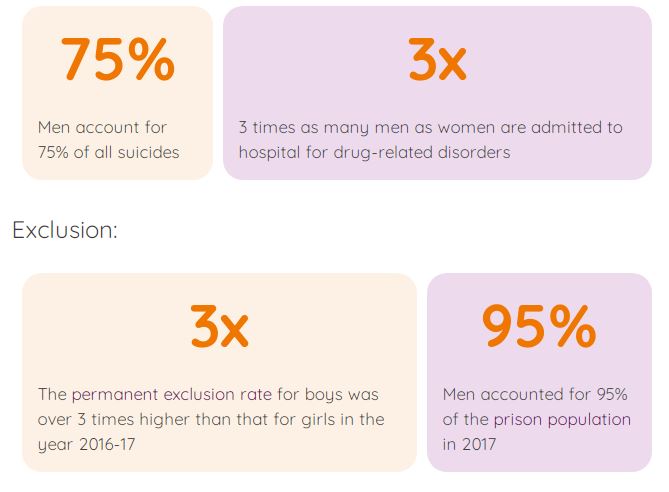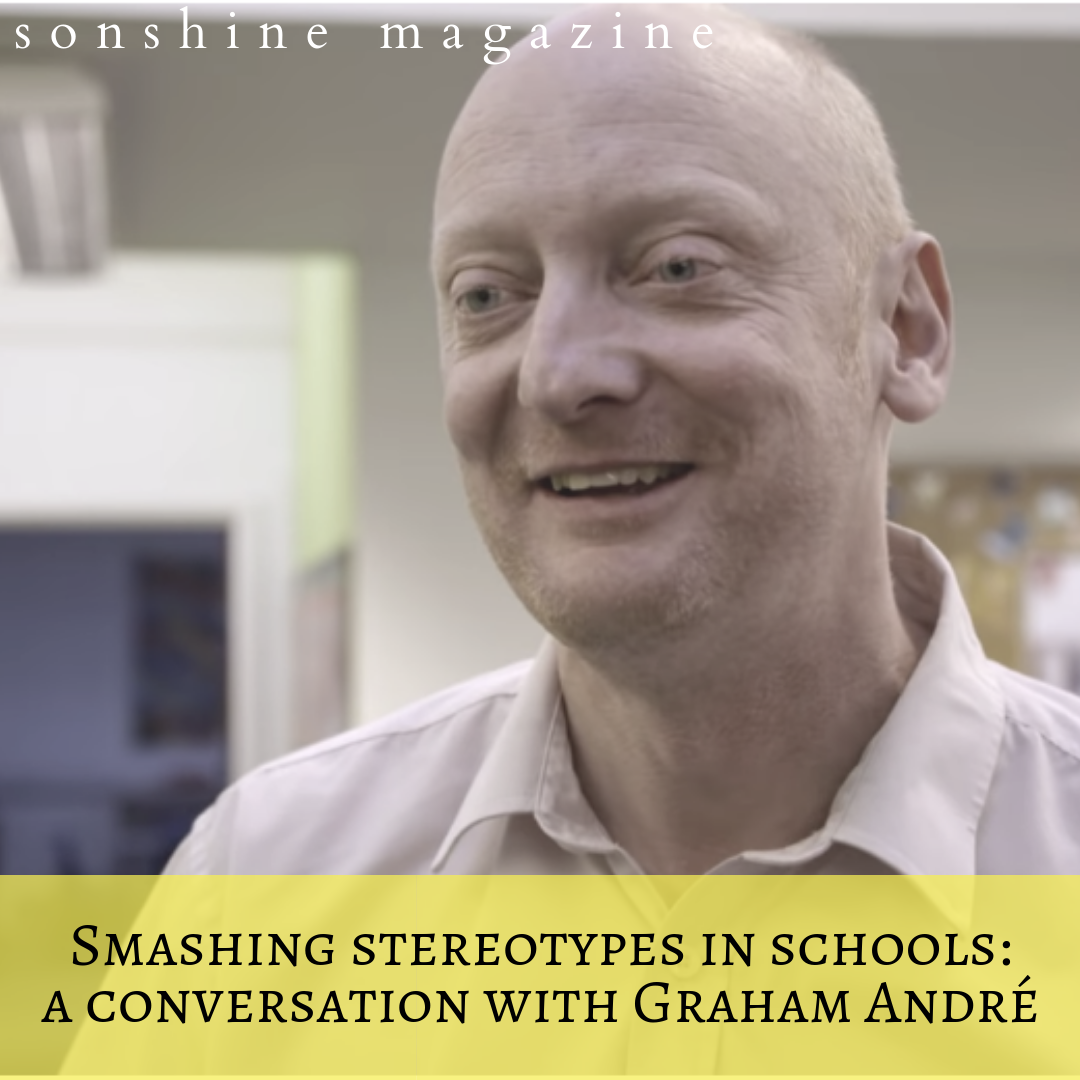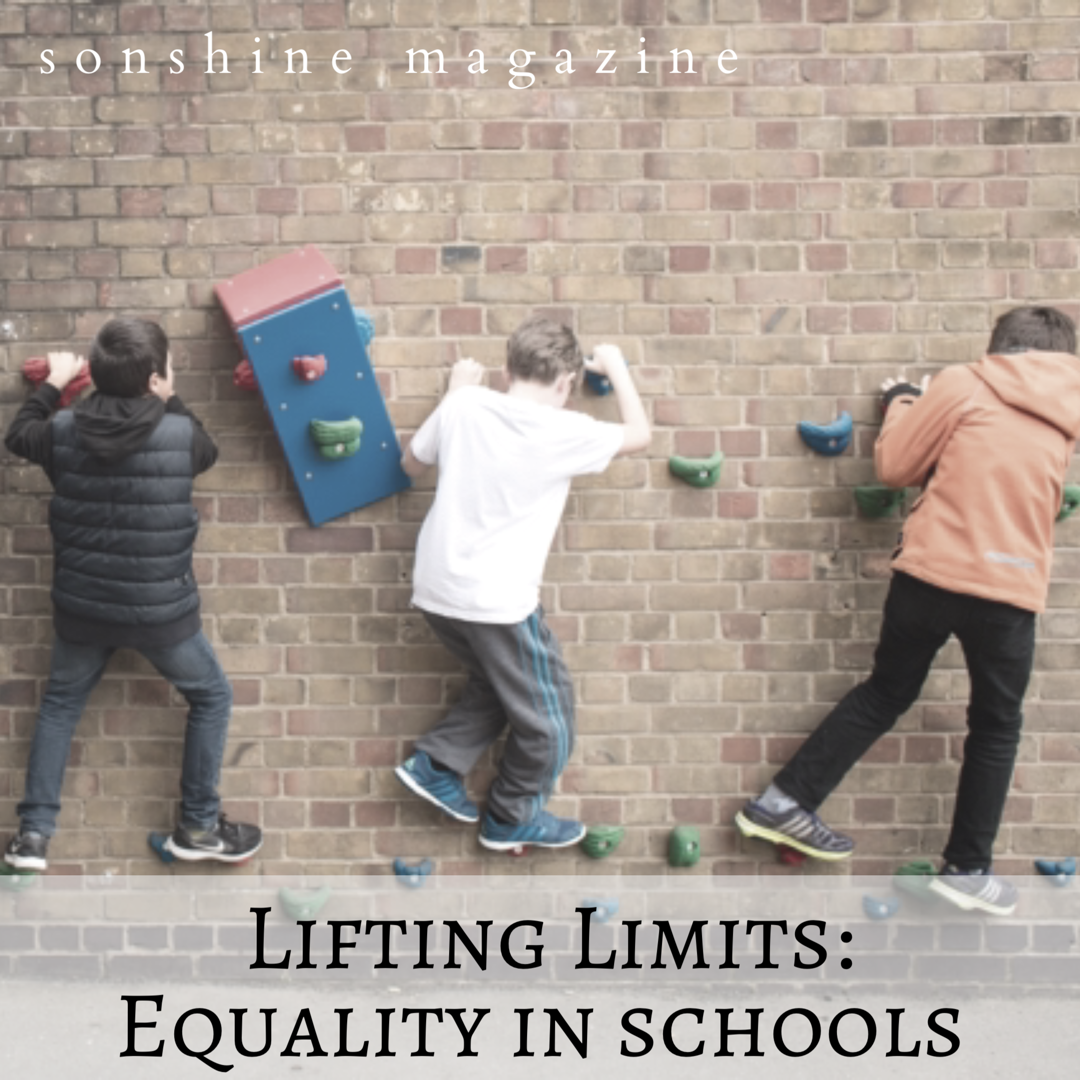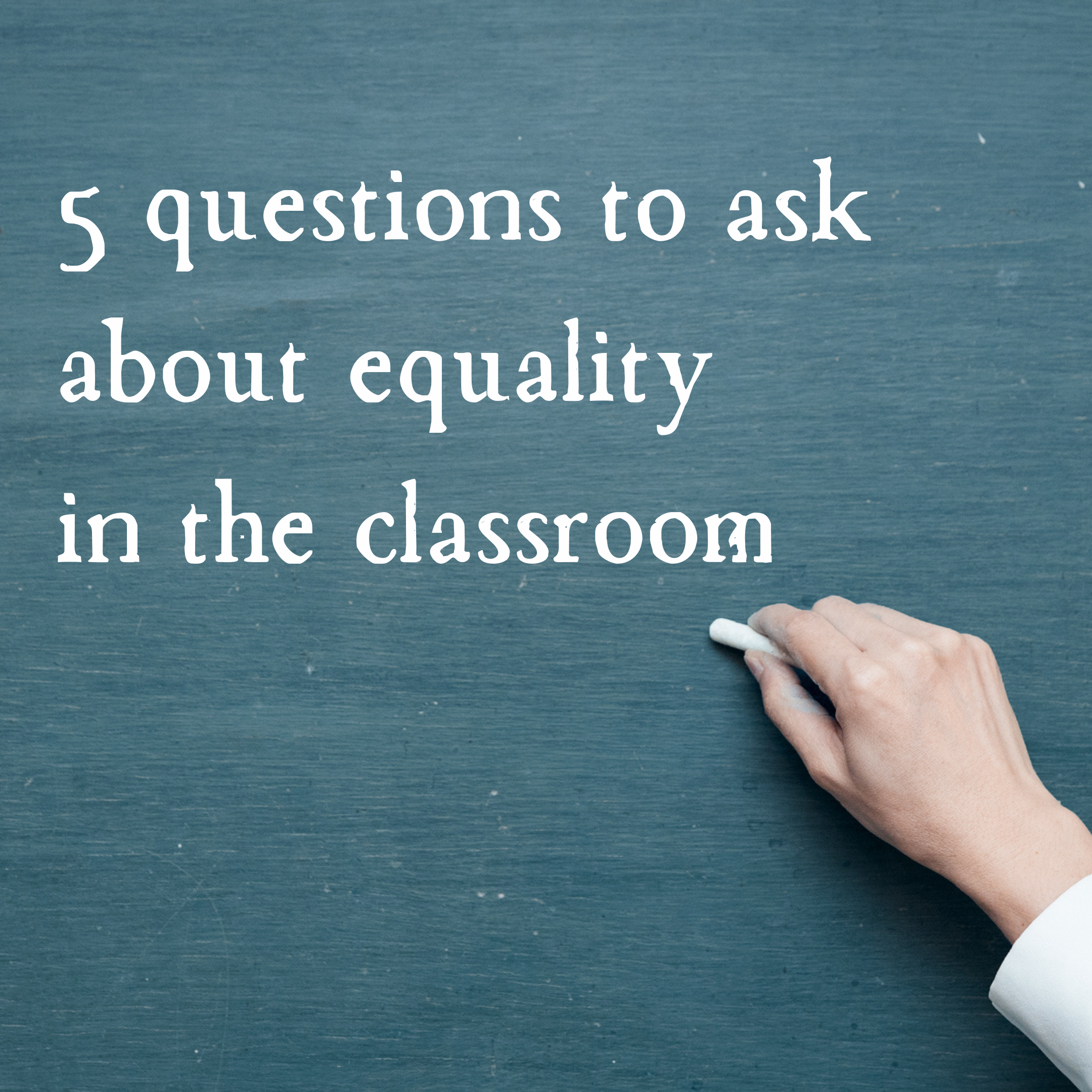Lifting Limits: Challenging Stereotypes in Schools, for Everyone
Social enterprise Lifting Limits has a mission to promote gender equality in and through education. As 12 more London primary schools join the programme, Olivia Dickinson explains what they do and what they’re learning.
At Lifting Limits, we often want to know if there’s anything particular that's happening at the school that has made them want to sign up to the programme.
“Children are from communities where boys are noisy and loud and girls are very quiet”
”Some unconscious bias from teachers, where boys dress up as doctors and girls as teachers...”
”There are some antiquated views from families, around racism and gender stereotyping”
”Boys are performing below girls in every year group, something is entrenched. Unconscious expectations are entrenched”
Often, boys’ under-achievement is mentioned – in fact, Heads and Gender Champions of at least half of the schools joining Lifting Limits this year noted it. We have just completed our first year-long pilot in five primary schools in Camden, and are due to publish the external evaluation later this autumn. In 2019-20 we will be working with twelve more London primary schools who draw their pupils from a broad range of ethnic, racial and socio-economic backgrounds. But gender equality is sometimes seen mainly as a problem to be addressed for girls. As Sonshine readers know, gender stereotypes are harmful for boys too, and at Lifting Limits we recognise that.
The effects of gender norms on boys include being less able to articulate their emotions, other than through anger, which has a later effect on their mental health – men account for 75% of all suicides. Ofsted (the Office for Standards in Education, Children’s Services and Skills in the UK) have identified a ‘non-macho’ school culture as a key factor in schools achieving good standards in boys’ writing. And in the 2009 report ‘Gender issues in school – What works to improve achievement for boys and girls’ from the then Department for Children, Schools and Families, the authors found that ‘The ‘gender gap in achievement’ can be removed by challenging notions of gender itself’. The evidence-based research from the National Education Union’s Breaking the Mould project and Professors Becky Francis and Christine Skelton’s work show how beneficial challenging gender stereotypes is to boys:
“Schools which attempt to alter the curriculum to provide a ‘boy-friendly’ curriculum not only exacerbate gender stereotypes, but their actions have been shown to be ineffective. In playing to gender stereotypes, they reinforce the idea that only some activities and behaviours are gender appropriate, and thus limit rather than enhance pupils’ engagement with the curriculum.”
Gendered norms are fixed early, by about the age of eight, and they are a powerful factor in shaping the subjects children choose, the careers they aspire to, their sense of self, their behaviours towards one another and their ability to articulate their emotions. The Lifting Limits programme is designed to head off those effects as early as possible. We use books and lesson plans, discussion cards and assemblies, and it's about getting the children to think critically about what they are seeing, hearing, reading and experiencing, including becoming ‘gender detectives’ at school and at home. When can they spot and call out sexism? When can they see that girls and boys are portrayed or treated differently and often unfairly?
“ Simple things when I teach, since I’ve had that presentation and it’s been implemented in the school, I never split up into boys and girls, and things like that. Little things like that”
Lifting Limits takes a whole-school approach to gender equality. Evidence indicates that this approach, rather than individual presentations or single lesson plans, is the most powerful approach to ensuring effectiveness in tackling harmful gender stereotypes, and our programme is as beneficial for boys as much as girls. In fact, one of the first things we introduce is the idea of not constantly emphasising the difference between boys and girls, to think of them as more alike than different, and that by referring to their sex and gender can reinforce cultural expectations.
The Institute of Physics is one of the originators of the whole-school approach to challenging gender stereotypes, and their programmes have run in Secondary schools, with the incidental benefit of more boys taking English and Art.
Our programme also expects children to work in mixed-sex groups and talk openly with their peers to break down the societal beliefs that anything girls do is somehow lesser, and that anything boys can do is limited to ‘macho’ expectations. The Good Childhood Report 2018, from The Children’s Society, showed that ‘children whose friendship groups emphasise traditional gender stereotypes – such as boys being tough and girls dressing in a certain way – had lower subjective well-being.’
The evaluation of the Lifting Limits pilot has shown examples of improved relationships between girls and boys:
“ And when they’re playing they do play a lot together. I think that’s because we’ve done a lot of work of developing friendships and developing interests and collaborative play. So you’ll find boys and girls all sat at the writing table drawing together and boys and girls on the climbing frame. And there’s not a division. I’ve had other reception classes where the girls were always in the home corner and the boys always in the sand pit. And the boys never touch the writing table because that’s what the girls do.”
Our resources raise the profile of men and women where they have been traditionally underrepresented. They feature more significant women than men, but that's because most standard resources focus on white men. By studying the achievements of women as well as men we are changing the narrative, so that all children recognise what men and women can contribute. But we don't shy away from showing how much harder it may have been for women to achieve, particularly working class or BAME women, so that children can see the context. Our resources recognise and teach an intersectional approach, that is, that different forms of oppression together produce something distinct from any one form of discrimination standing alone. Examples of lessons that take an intersectional approach include our Y4 lesson on Windrush Women, which highlights how Windrush women experienced discrimination on the basis of their race and sex, and our Y6 lesson on World War I and Women’s Suffrage which discusses how working-class women were not given the right to vote in 1918.
As part of the evaluation of the pilot, our evaluator carried out pupil surveys at the beginning and end of the school year. At all three key stages (EYFS, KS1 and KS2), there was notable increased awareness and acceptance of a more diverse range of roles and possibilities for girls and boys of what they themselves could be if they work really hard, and what range of occupations are open to men and women.
We want the children at our Lifting Limits schools to leave Year 6 full of confidence that any of them can achieve anything, respect each other as equals, thinking critically while questioning gender norms. If we can set children up from the very beginning of their school career to be free from the limits of gender stereotypes, hopefully we can make a change over a much longer period too.
Lifting Limits is a social enterprise set up in 2018 by Caren Gestetner and Rachel Hermer, with a mission to challenge gender stereotypes and promote gender equality in and through education. Their year-long pilot at 5 Camden primary schools finished in summer 2019, and 12 more London primary schools are joining the programme, for free, from September 2019. Longer term, they would love to roll out the programme across the whole of England, and are on the lookout for funding to help them fulfil their dream to bring their evidence-based whole-school approach to gender equality to all English primary schools.
Find out more at Liftinglimits.org.uk and follow on Twitter @LiftingLimitsUK
Useful links:
Evidence and sources from Lifting Limits: https://www.liftinglimits.org.uk/evidence-and-sources
Why it Matters from Lifting Limits: https://www.liftinglimits.org.uk/why-it-matters
The Good Childhood Report 2018, from The Children’s Society: https://www.childrenssociety.org.uk/what-we-do/resources-and-publications/the-good-childhood-report-2018
The benefits of mixed friendships from A Mighty Girl: https://www.amightygirl.com/blog?p=23152
Yes He Can: Schools where Boys Write Well 2003 from Ofsted: https://dera.ioe.ac.uk//17513
Gender issues in school – What Works to Improve Achievement for Boys and Girls from Department for Children, Schools and Families: https://dera.ioe.ac.uk/9094/1/00601-2009BKT-EN.pdf
Reports on Gender Balance from The Institute of Physics http://www.iop.org/education/teacher/support/girls_physics/reports-and-research/page_63816.html


















Kirstie introduces this Issue – all about school, and picks a few top articles